BTO-Continuing the 8th Session of the 15th National Assembly, this afternoon, November 7, the National Assembly discussed in the hall the draft Electricity Law (amended). Deputy Head of the National Assembly Delegation of Binh Thuan Province - Nguyen Huu Thong participated in giving comments on many important contents.
Need special mechanism for electricity development in island areas
Participating in giving comments on Article 5 on the State's policy on electricity development, delegate Nguyen Huu Thong - Deputy Head of the National Assembly Delegation of Binh Thuan province, expressed his high agreement with the policies on electricity development in rural areas, ethnic minority areas, mountainous areas, border areas, islands and areas with particularly difficult socio-economic conditions as in the draft Law, which are given priority by the State in allocating investment capital and having preferential policies on investment and finance.
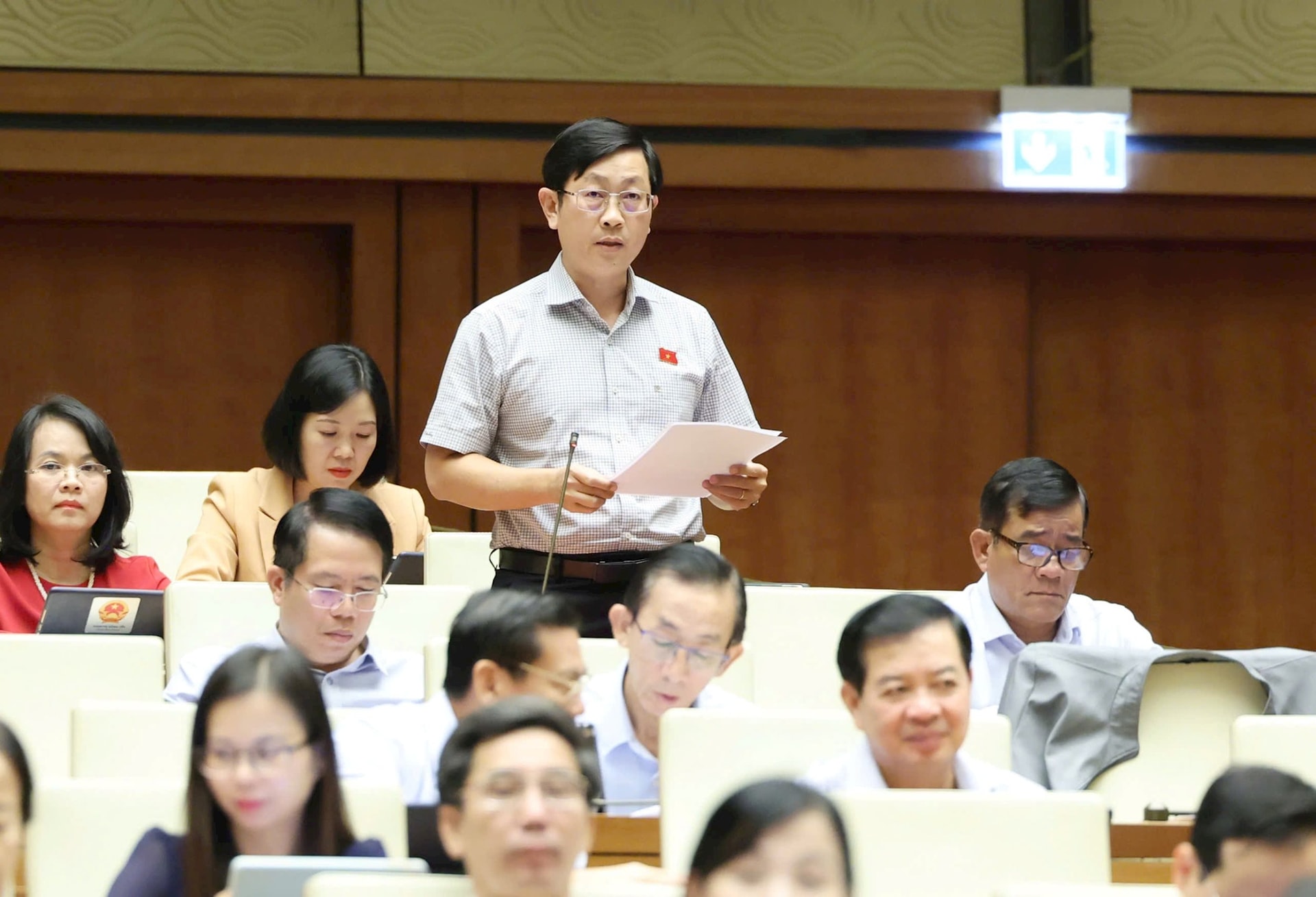
However, according to the delegate, the policy of developing electricity on the islands is very specific. “As we know, most of our country's islands are several tens to several hundreds of kilometers away from the mainland. To meet the electricity needs of the people as well as develop the socio-economy and ensure national security and defense, the state invests a lot of money in building diesel, wind, and solar power plants or bringing electricity to the islands at a very large cost. For example, bringing electricity to Con Dao costs 5,000 billion VND; Co To: 1,100 billion VND, Phu Quoc: 2,221 billion VND...; not only that, it also has to compensate for losses every year, specifically Phu Quy island of Binh Thuan province, in addition to investing in a diesel power plant, it has to compensate for losses every year, in 2023 alone, it will lose about 170 billion VND" - delegate Nguyen Huu Thong analyzed.
Therefore, to ensure electricity development on the islands, through studying the electricity development of Phu Quy island, delegate Nguyen Huu Thong proposed that the Government have a policy to allow islanders to install rooftop solar power that is linked and generates excess capacity to the grid on islands with independent power systems, not connected to the national power system, which will be purchased at a price equal to the ceiling price of solar power plants according to Decision No. 21/QD-BCT dated January 7, 2023 of the Ministry of Industry and Trade on promulgating the price framework for generating electricity from transitional solar and wind power plants. “If this mechanism is applied, for every 1 MWp of rooftop solar power installed on Phu Quy Island, customers will save 12,031 billion VND/year in diesel power generation costs for the State. Thus, the State will have less compensation, but people will still have electricity for production and business, socio-economic development and as a base for Truong Sa and DK1 platform. If the above policy is applied, I think not only Phu Quy Island but also other islands in our country will have enough electricity to use and save a lot of State resources because they do not have to compensate for losses or not bring grid power to the island” - delegate Nguyen Huu Thong further analyzed.
More clearly define the power grid project for socio-economic development
Regarding the form of selecting investors for power projects (Article 26); specifically at Point a, Clause 2, the draft Law stipulates: "Projects approved by competent authorities in principle and at the same time approved by investors do not go through auctions of land use rights, and do not bid to select investors according to the provisions of law on investment".
Delegate Nguyen Huu Thong proposed to clarify that power grid projects serving socio-economic development for national and public interests invested by state-owned enterprises in accordance with the planning do not have to carry out procedures for approving investment policies and approving investors at the same time. Because power grid projects serving socio-economic development, for national and public interests and power projects are route projects, invested according to approved planning. To carry out procedures for approving investment policies and approving investors at the same time, it requires each pillar foundation location and route corridor to be in accordance with land use planning, construction planning, urban planning, rural planning, traffic, irrigation, etc. While the route corridor in power projects extends through many communes and districts; To implement investment policy approval, the above planning must be adjusted, while the planning cycle is 10 years and mid-term adjustment (about 5 years) will lead to projects being behind schedule according to the planning, affecting the supply of electricity for socio-economic development and energy security.
Regarding Article 27 on bidding for selecting investors for power projects not invested in the form of public-private partnership or public investment; in Clause 4, Article 27, delegate Nguyen Huu Thong proposed adding the type of "offshore wind power" to the types of electricity to serve as a basis for implementation in practice. "As we know, our country has great potential for developing offshore wind power and currently there are many investors applying for investment policies for this type but it has not been regulated in the draft law. Therefore, adding the type of offshore wind power is extremely necessary; however, there should be provisions to limit offshore wind power investors from transferring projects to other partners, because the issue of offshore wind power is a very sensitive issue in terms of national defense and security" - delegate Nguyen Huu Thong explained.
Comments on the development of electricity from new energy (Article 34); Clause 2 of the draft law stipulates that “The electricity buyer and the electricity seller shall agree in the electricity purchase contract on the minimum guaranteed electricity output mobilized in the year for power plants connected to the national electricity system within the time limit prescribed by the Government”; delegate Nguyen Huu Thong said that the above provision is not sufficient. “I propose to add more contents such as investment guarantees, foreign currency conversion, commitments on technology transfer and use of domestic goods and services, state guarantees to implement investment projects in the electricity purchase contract and the Government shall specify this content in detail in accordance with Article 27” - delegate Nguyen Huu Thong proposed.
Source: https://baobinhthuan.com.vn/can-co-co-che-dac-thu-de-phat-trien-dien-vung-hai-dao-125520.html


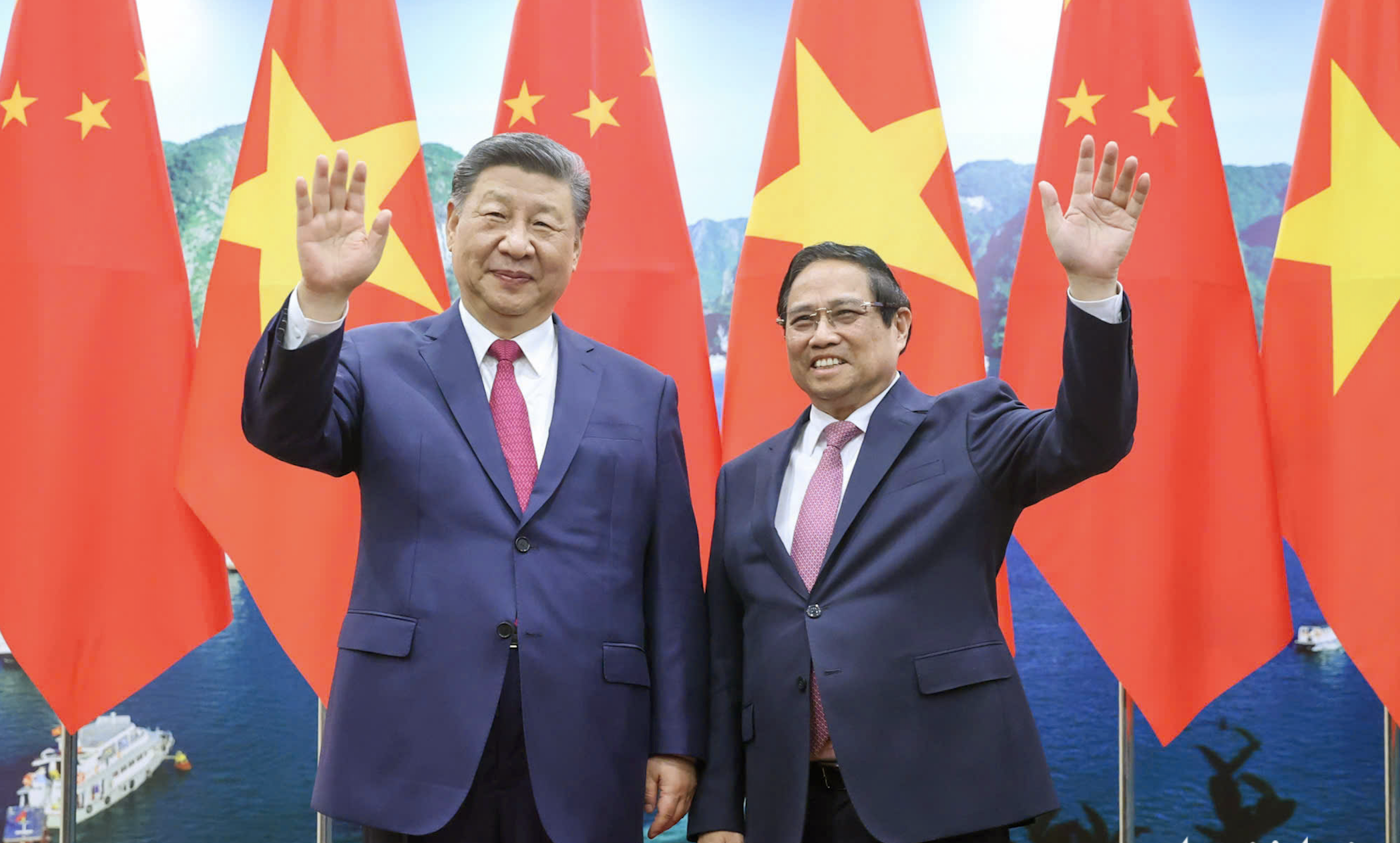
![[Photo] Reception to welcome General Secretary and President of China Xi Jinping](https://vstatic.vietnam.vn/vietnam/resource/IMAGE/2025/4/15/ef636fe84ae24df48dcc734ac3692867)
![[Photo] National Assembly Chairman Tran Thanh Man meets with General Secretary and President of China Xi Jinping](https://vstatic.vietnam.vn/vietnam/resource/IMAGE/2025/4/14/4e8fab54da744230b54598eff0070485)
![[Photo] Prime Minister Pham Minh Chinh meets with General Secretary and President of China Xi Jinping](https://vstatic.vietnam.vn/vietnam/resource/IMAGE/2025/4/14/893f1141468a49e29fb42607a670b174)
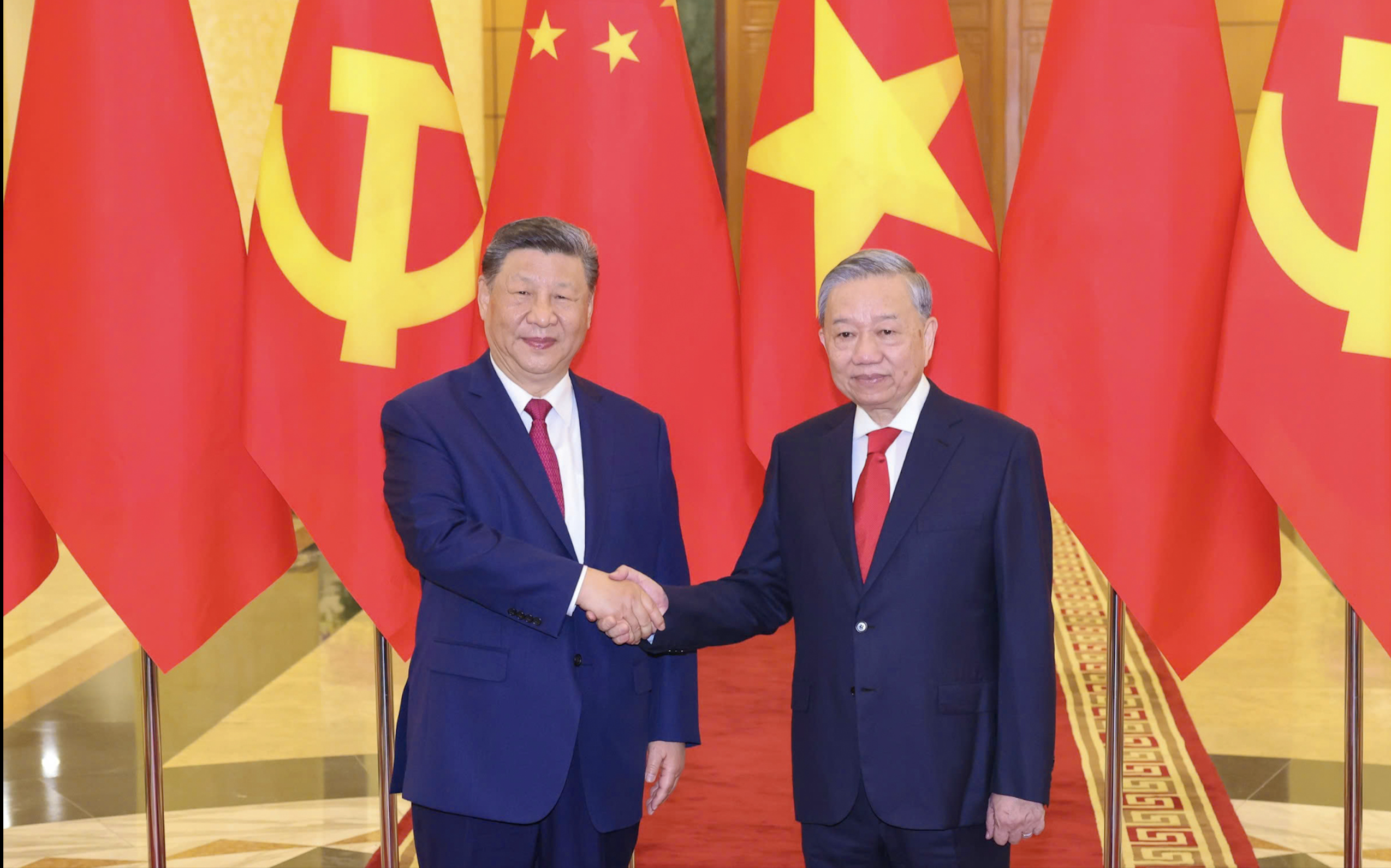
![[Photo] Tan Son Nhat Terminal T3 - key project completed ahead of schedule](https://vstatic.vietnam.vn/vietnam/resource/IMAGE/2025/4/15/85f0ae82199548e5a30d478733f4d783)
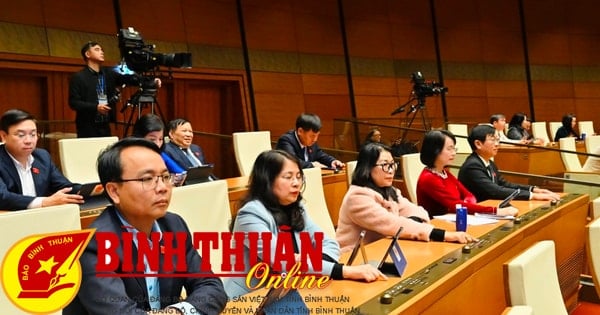
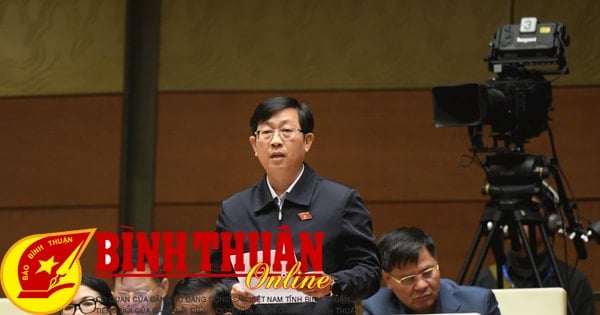
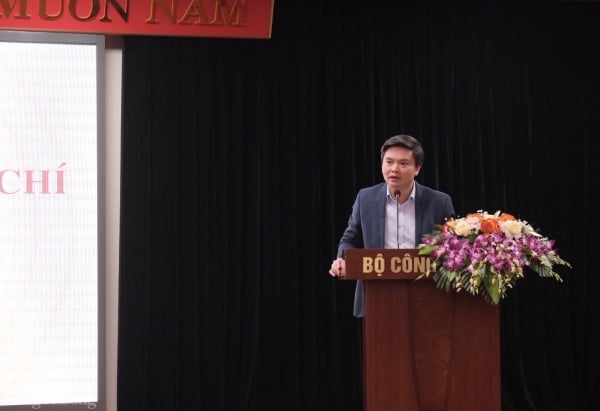

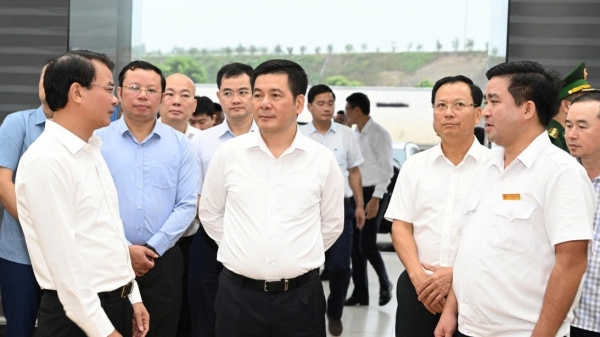
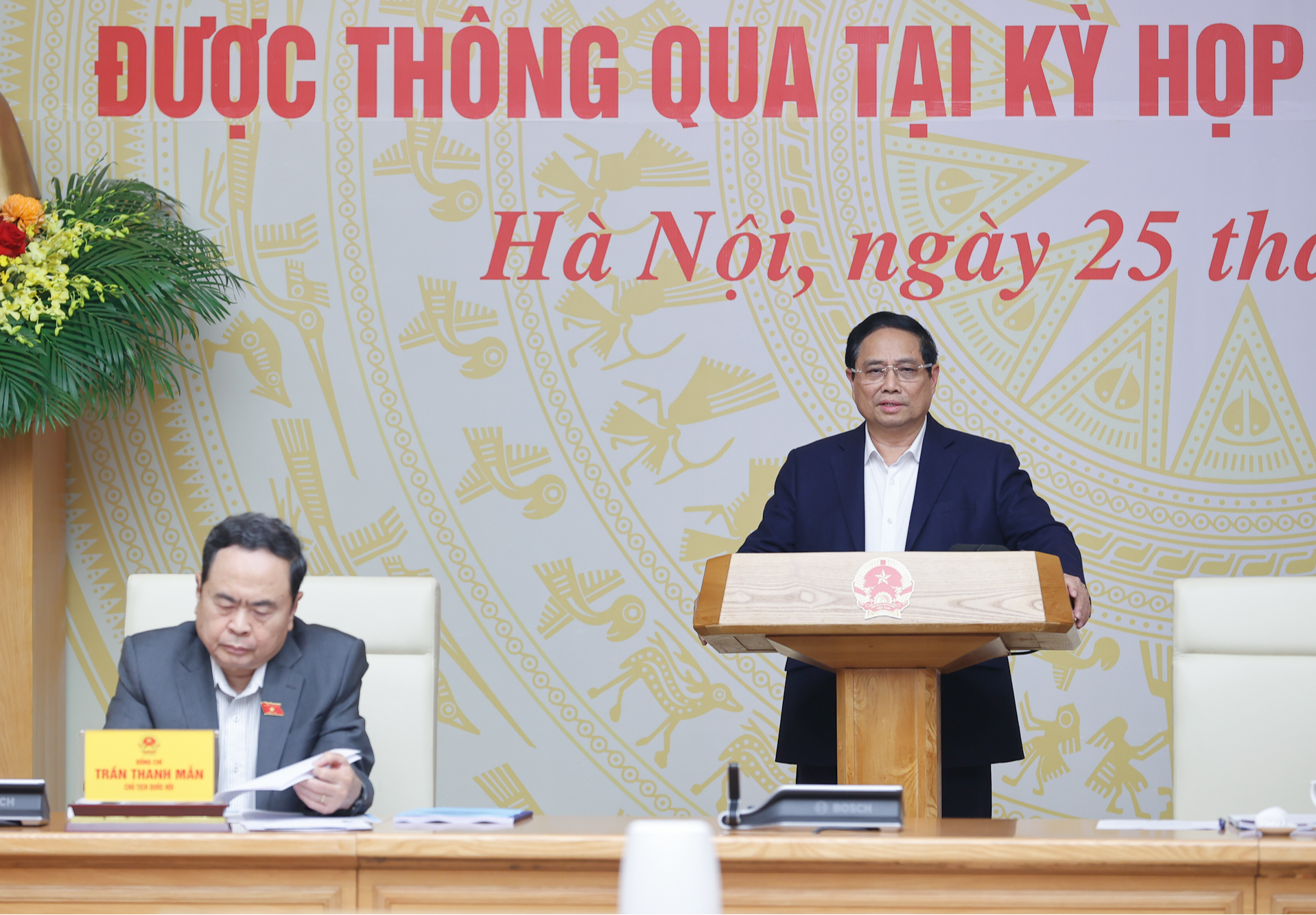
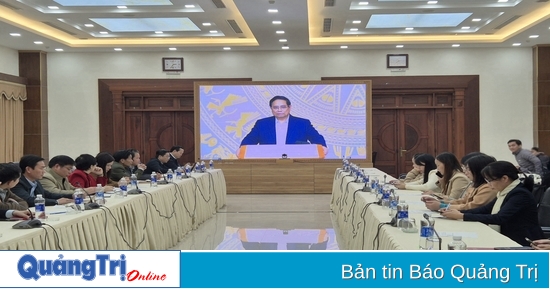

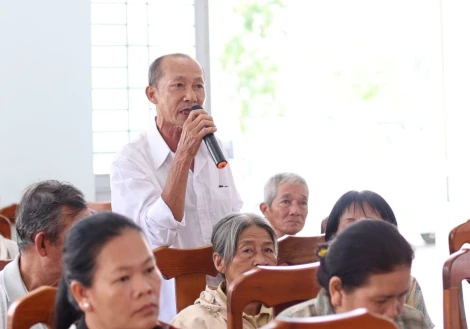
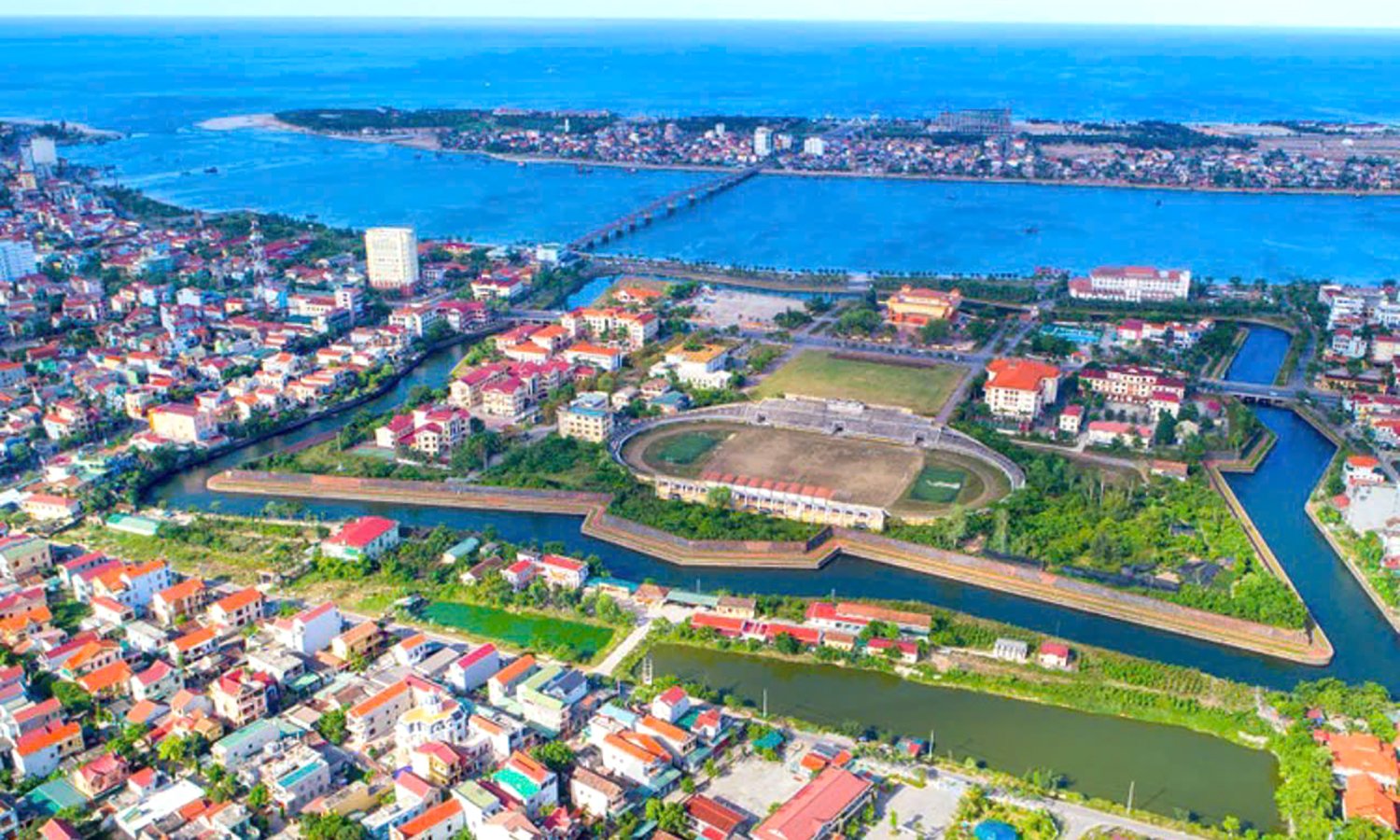
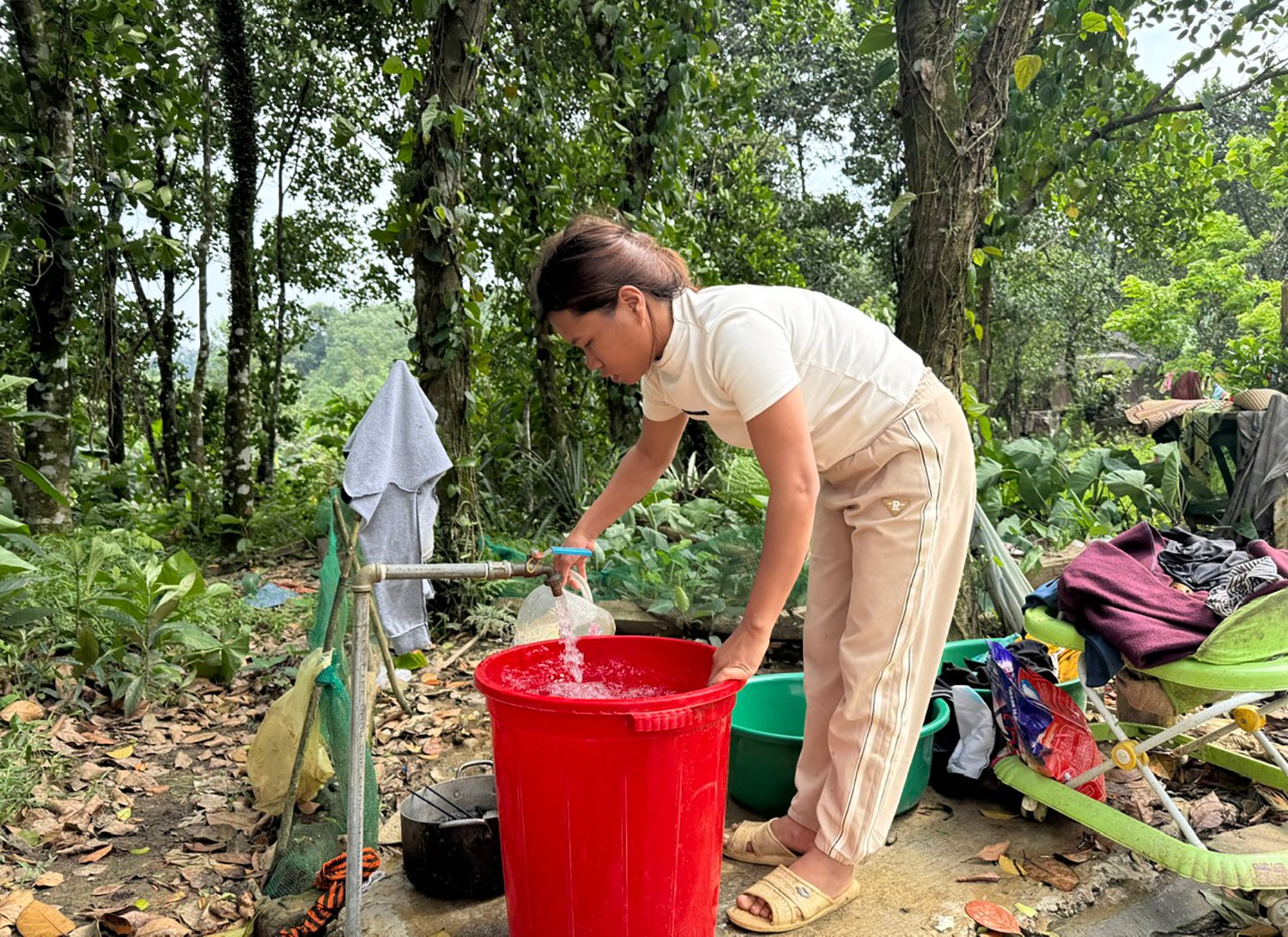
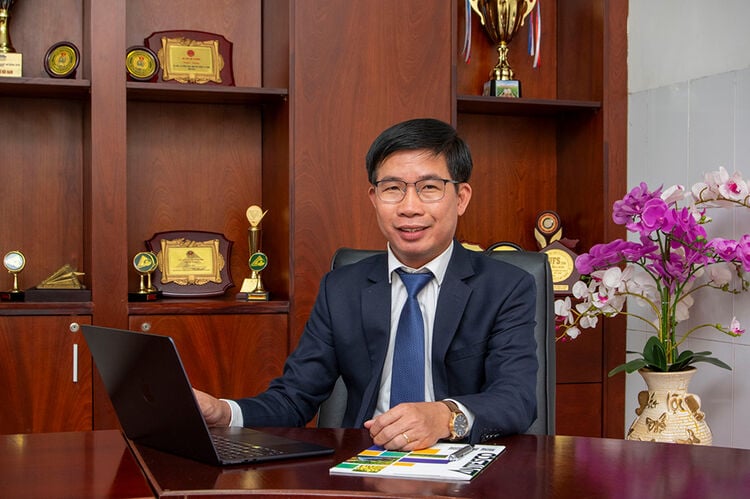
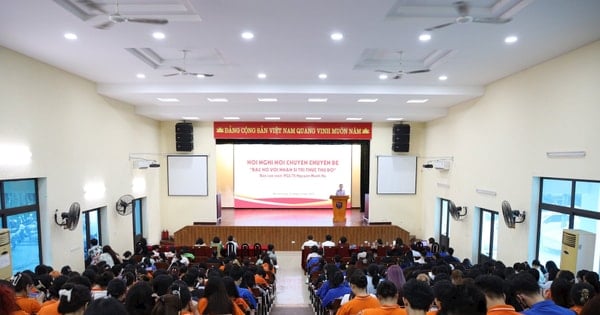





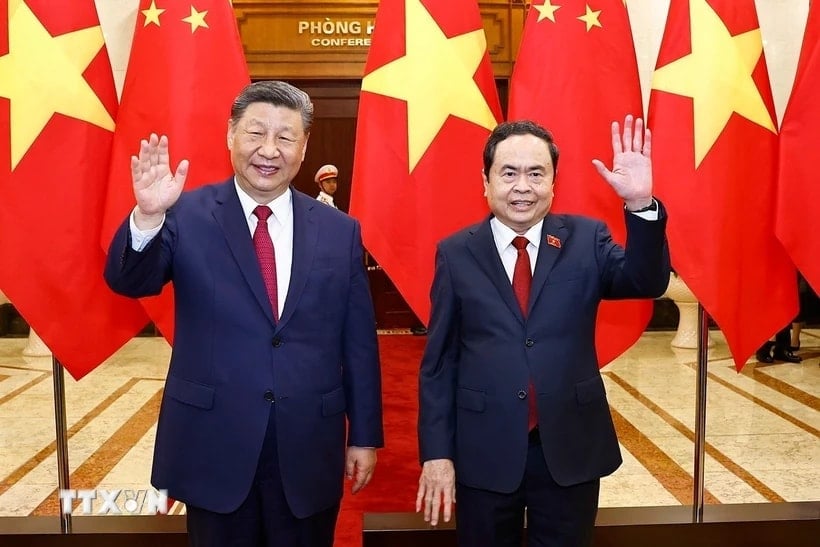
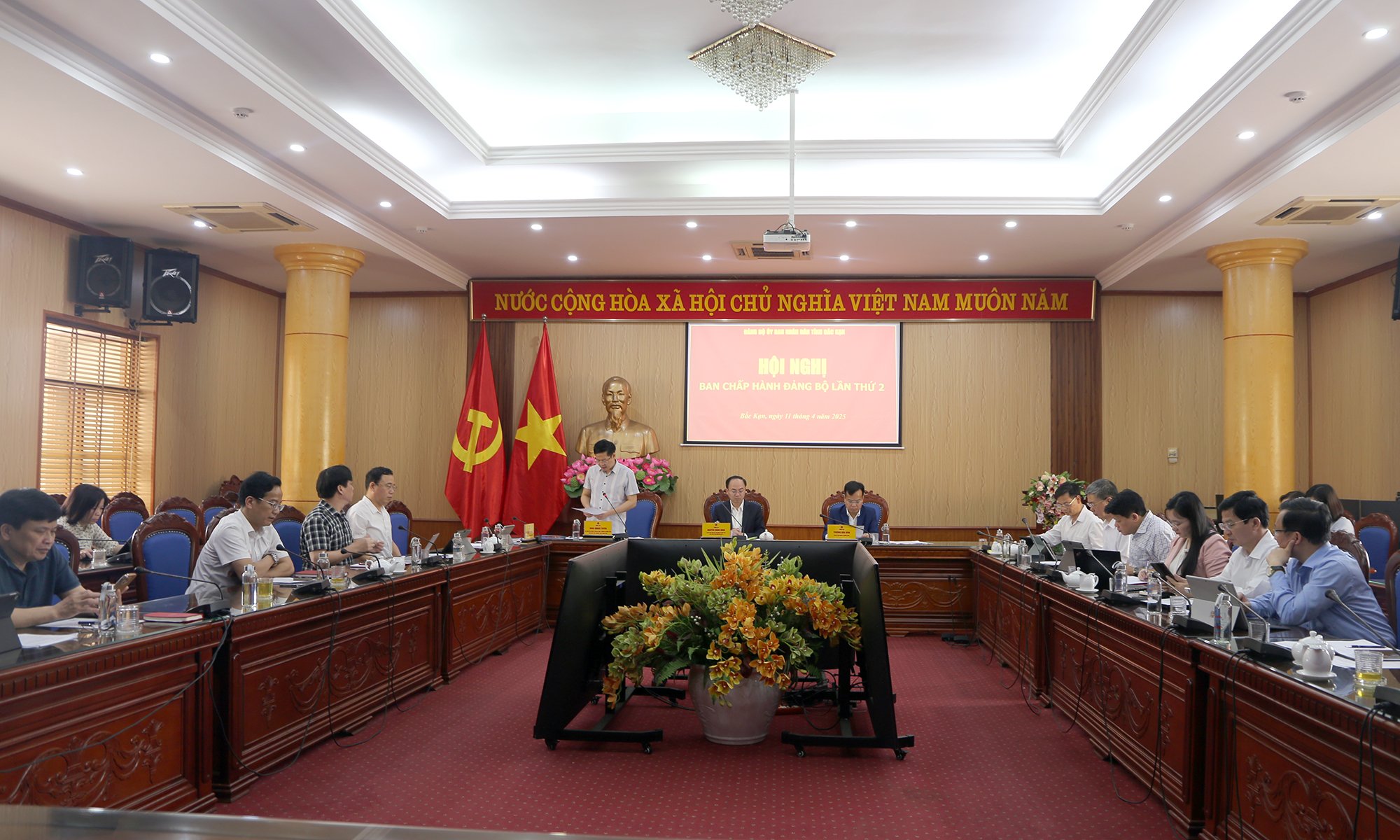
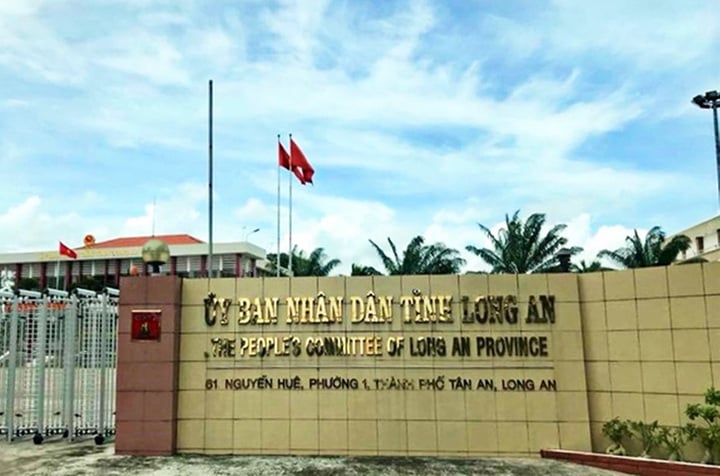
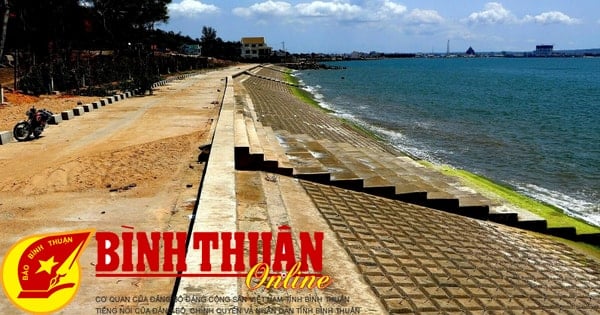



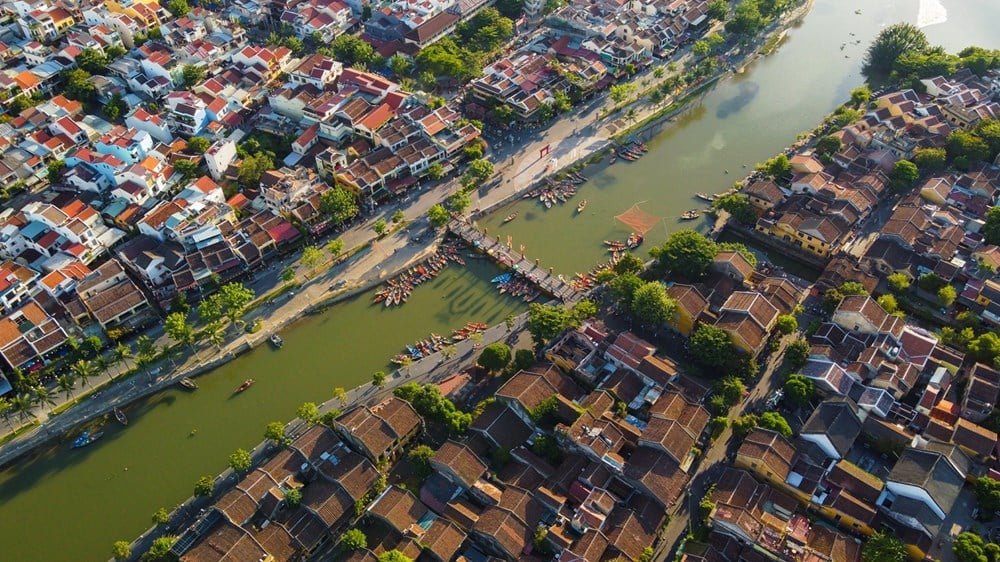

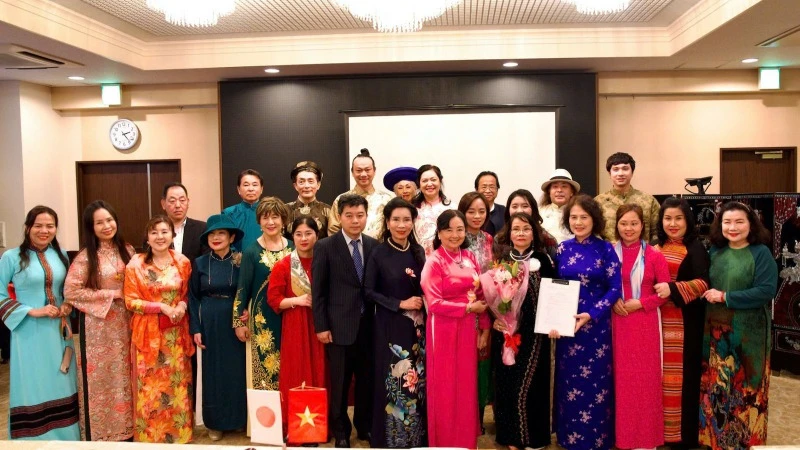






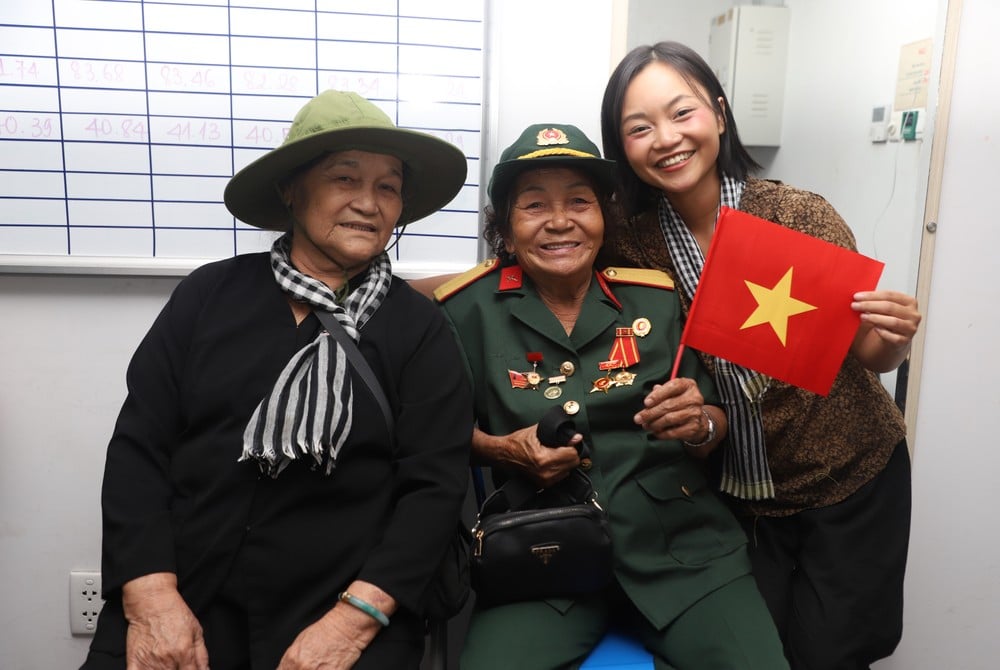








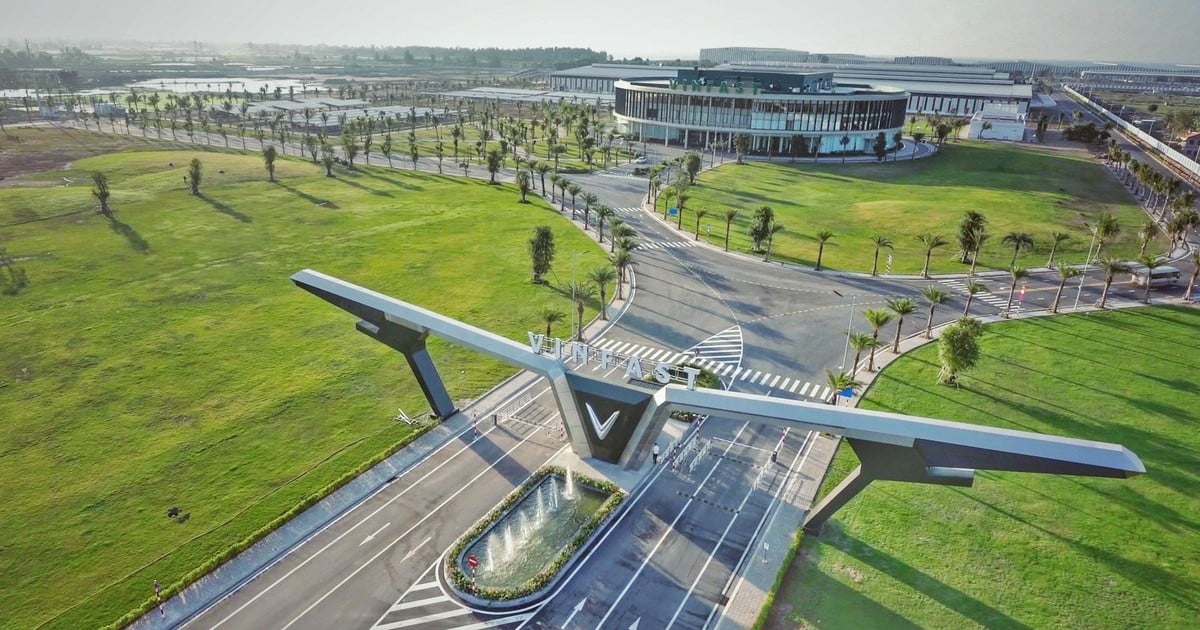

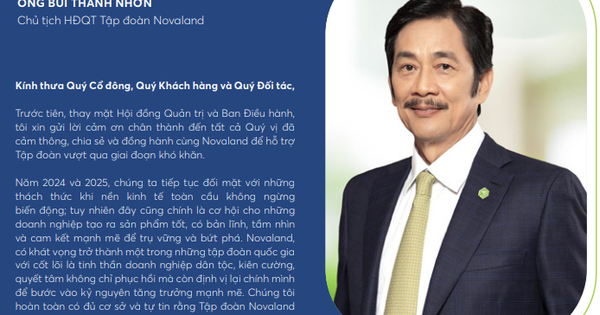










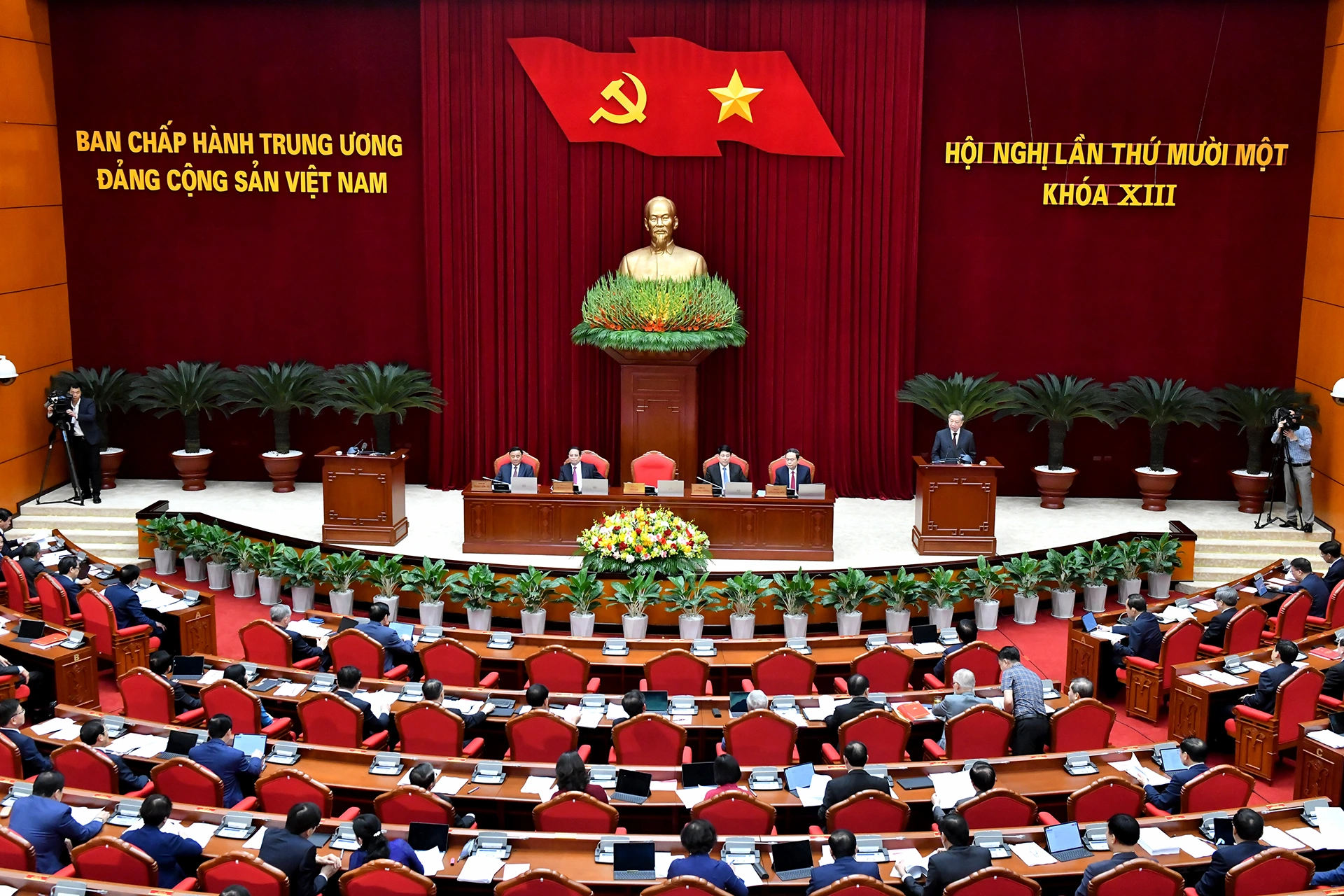

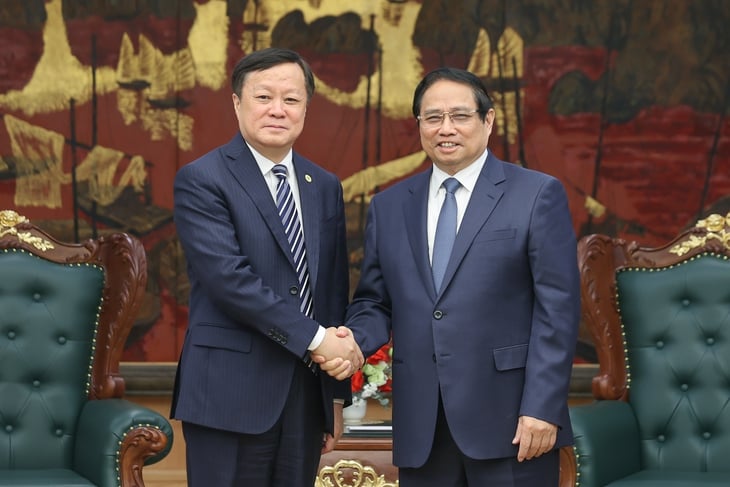
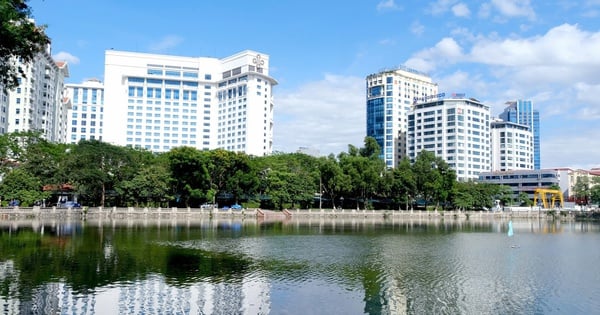

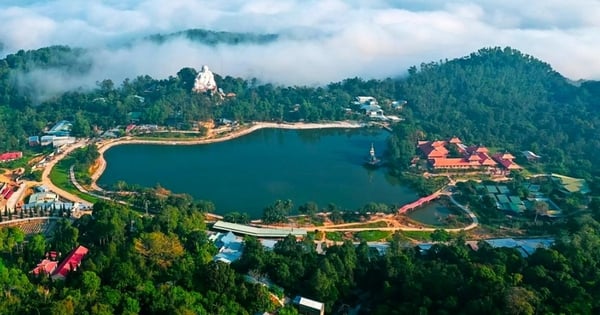

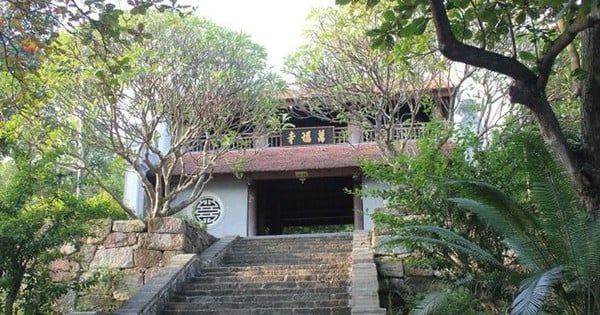
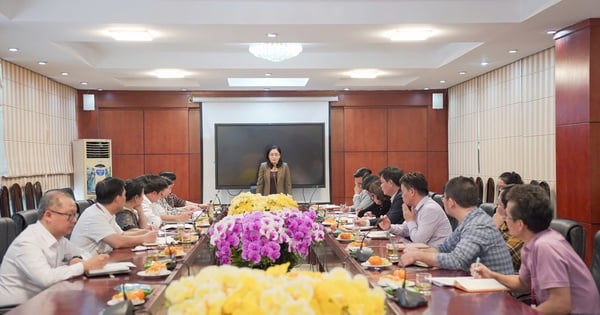
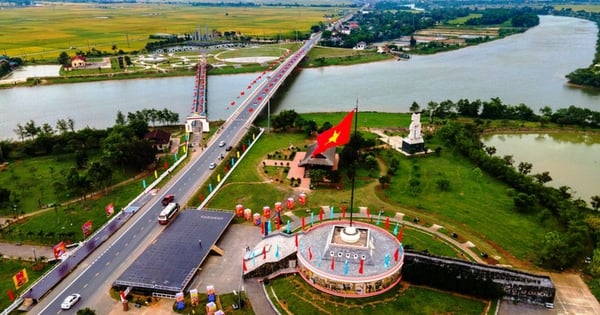
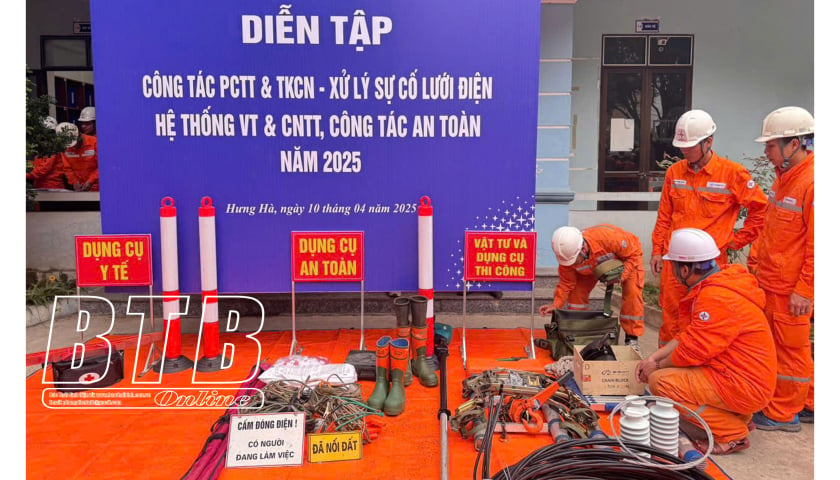

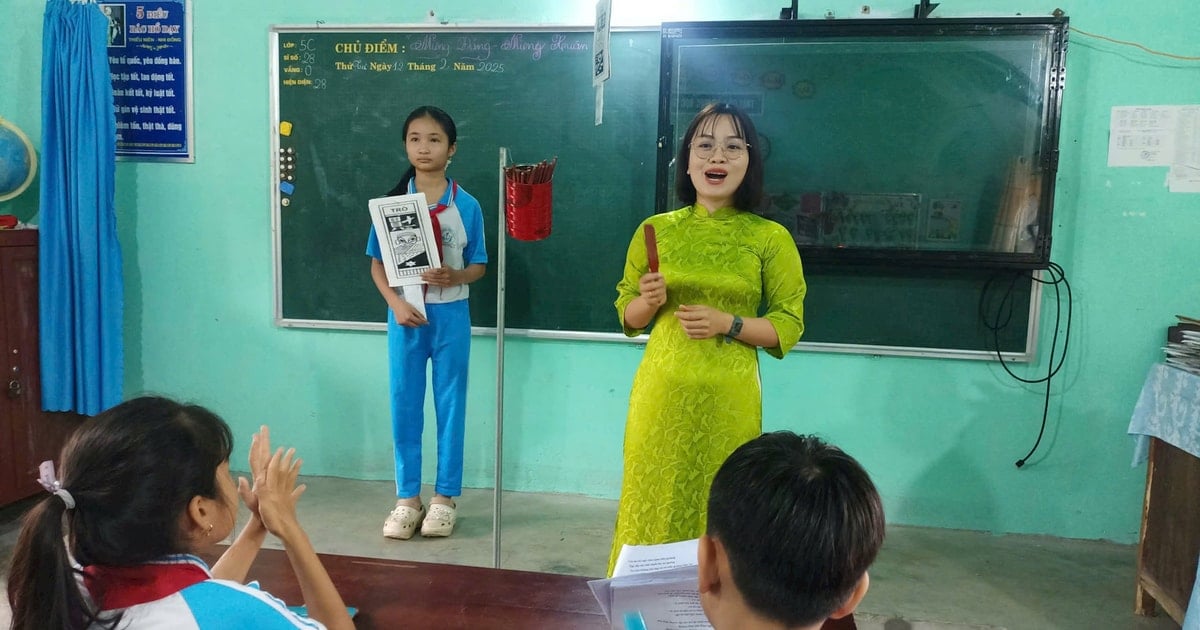




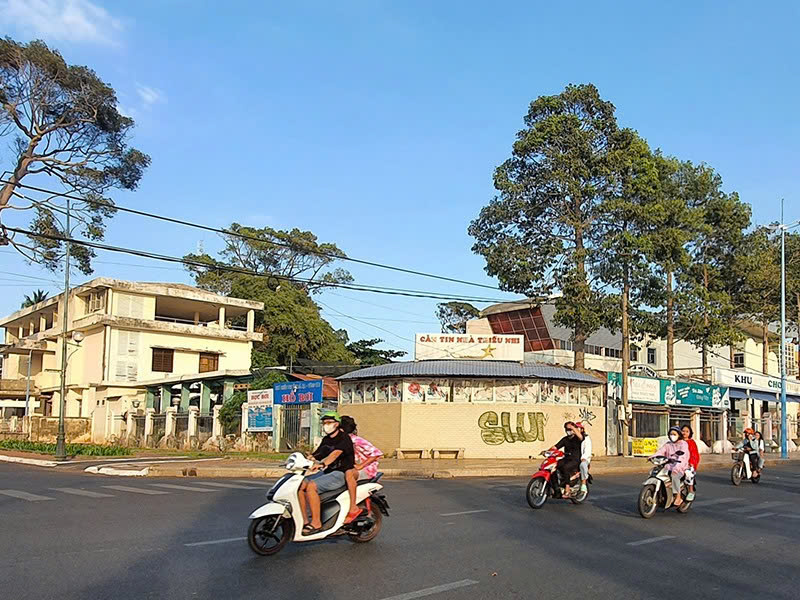


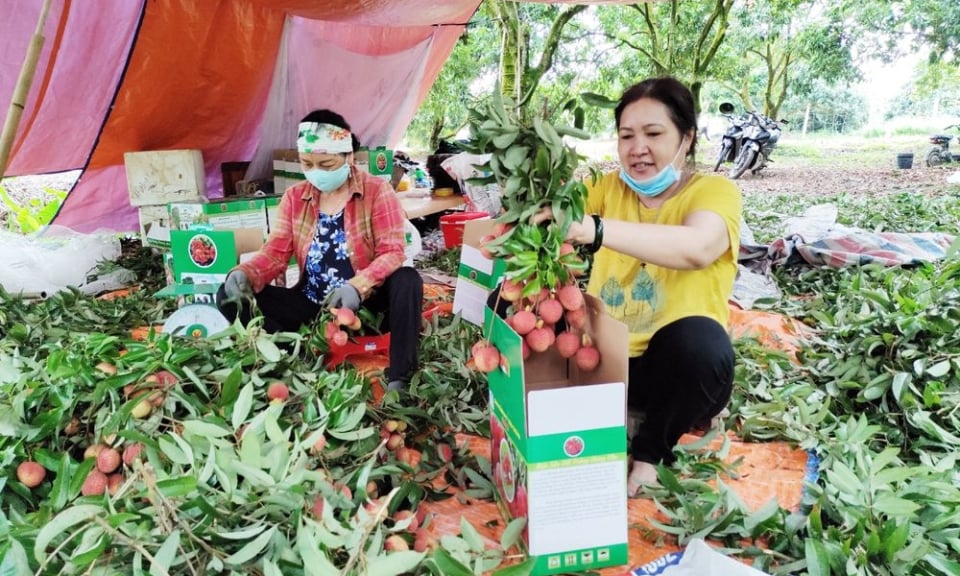









Comment (0)